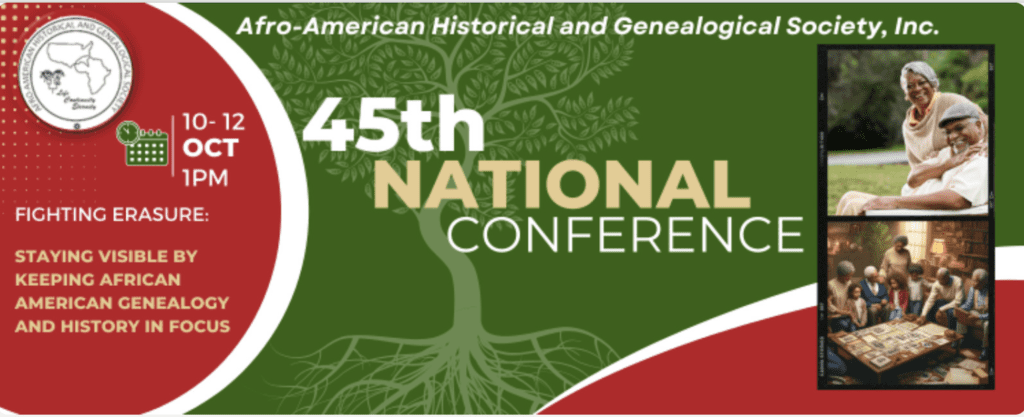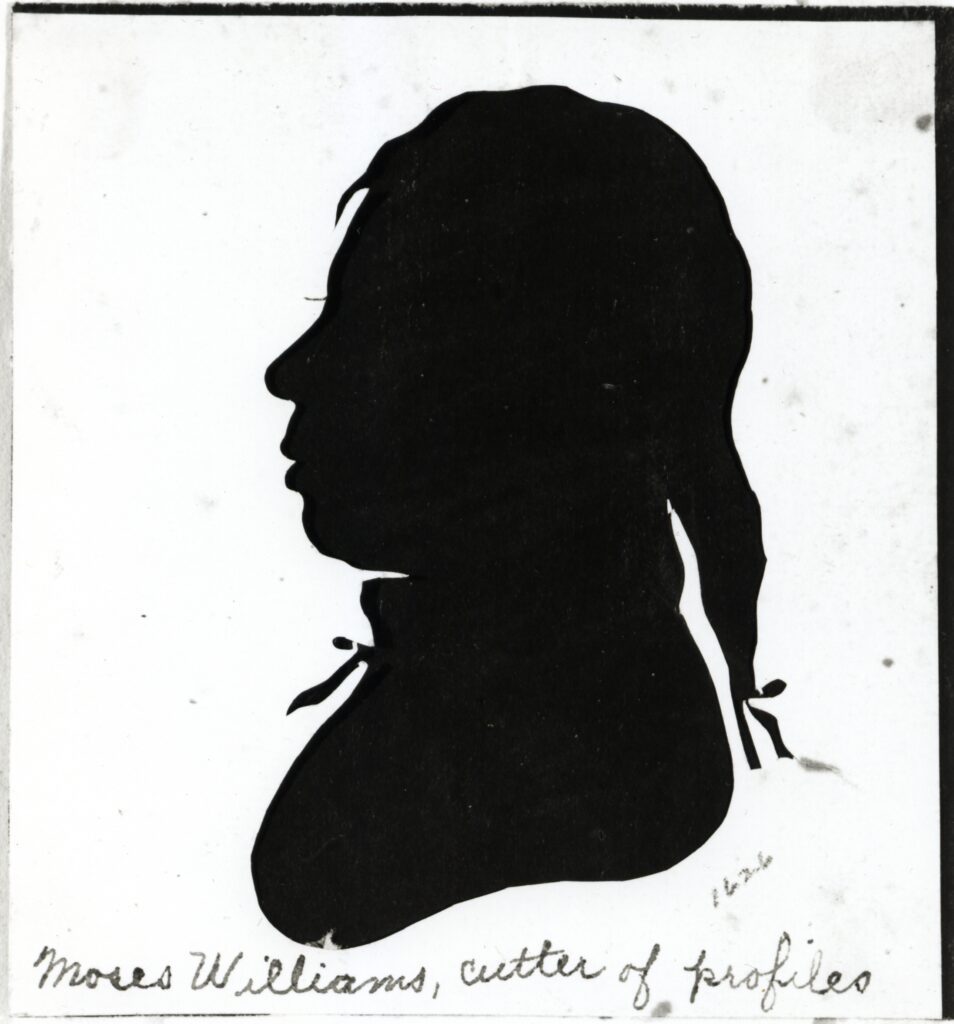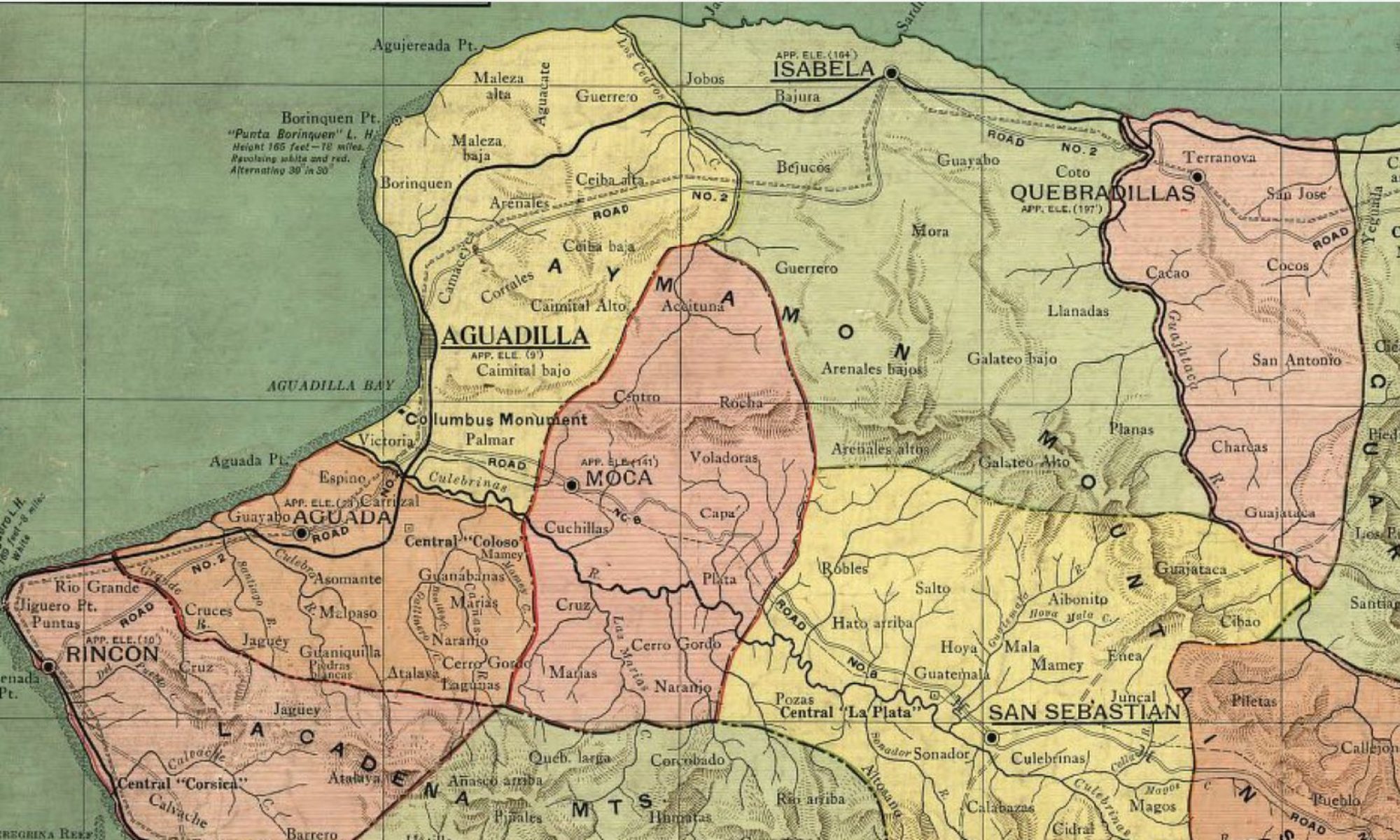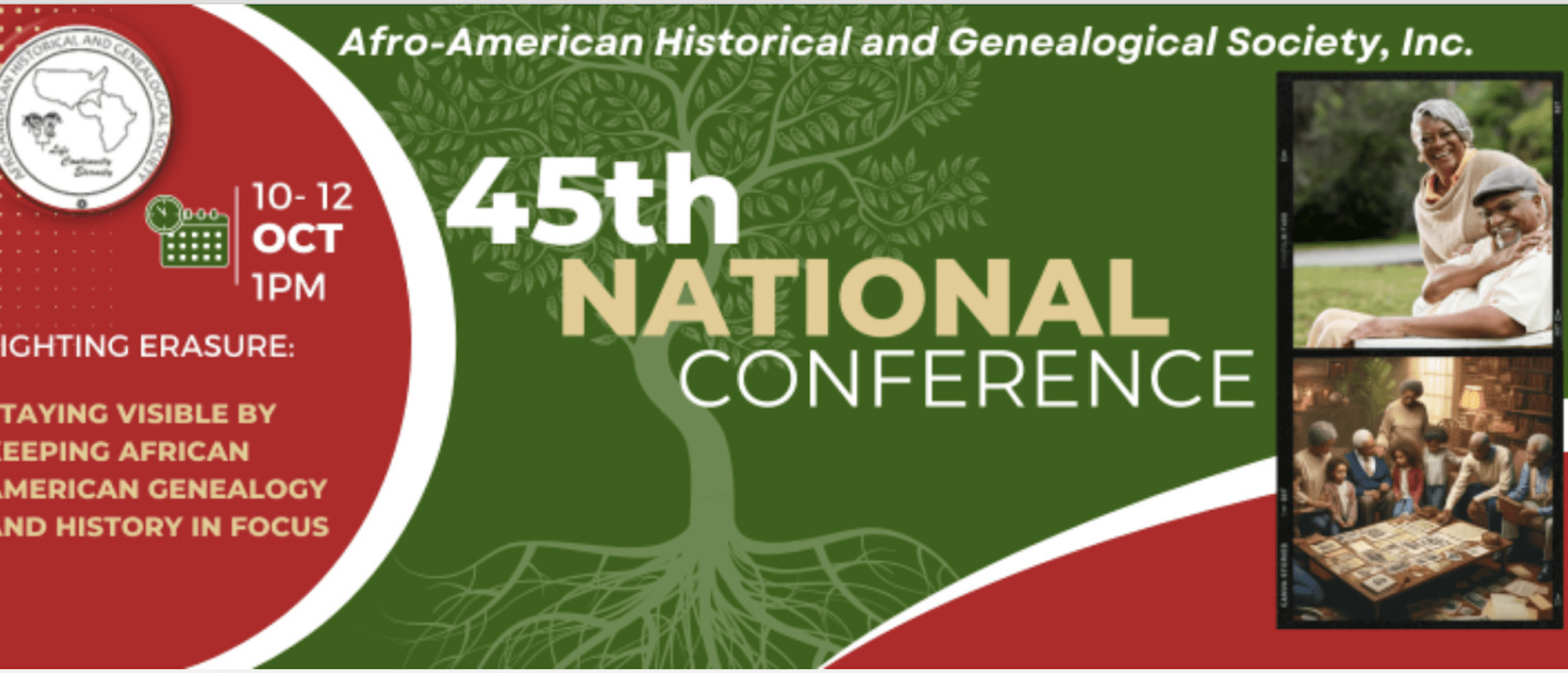
Thrilled to announce that my presentation proposal, “Not Yet Completely Free: Gradual Emancipation and the Family of Moses Williams, Philadelphia, 1776-1833.” was accepted for the 45th AAHGS National Conference this October! Appreciate the opportunity to share, learn and contact other genealogists and family historians at this wonderful event, hosted by AAHGS President LaJoy Mosby.
The conference theme is “Fighting Erasure: Staying Visible by Keeping African American Genealogy and History in Focus.” This centers on the “role of preserving and spotlighting African American history and genealogy in the broader narrative of American history.”

Here’s my abstract for my presentation, “Not Yet Completely Free: Gradual Emancipation and the Family of Moses Williams, Philadelphia, 1776-1833.” :
When the word slavery comes to mind, many think of the US South, rather than the Northern states. Northern slavery’s history is less well known, particularly in states with gradual emancipation—Pennsylvania, New York, New Jersey, Connecticut. This presentation focuses on the family histories tied to the silhouette artist and museum artisan Moses Williams (1776-ca 1833), to glimpse African descended, Free People of Color and the challenges faced in their process of emancipation. The reality of bondage challenges the image of Philadelphia, a city so closely identified with national freedom. Important clues for Moses Williams and his family are contained in archives that includes the Pennsylvania Abolition Society, and records for his former enslaver, the Maryland-born portrait painter and Philadelphia-museum owner Charles Willson Peale (1746-1823). Peale held Williams’ parents between 1776-1786, and freed Williams in 1803. Most archival material on the Williams family is excavated from the Papers of the Peale Family, newspapers, deeds & census records. While the origins of Williams parents remain a question, records suggest the situations that Free Black Philadelphians contended with under the 1780 act for Gradual Abolition. Freedom was negotiated and paid for with terms of service at a tender age. This case study shows how the increased availability of digitized records and community research helps restore the experiences of free Black families to a larger historical narrative.
My deep thanks to Nancy Proctor and Dean Krimmel of The Peale Baltimore, who have invited me to share my work on Moses Williams, who now has a museum space and internship program named after him; and to Carol Soltis, of the Philadelphia Museum of Art, who is currently studying Williams’ technique and style for the profiles he produced, that numbered nearly nine thousand. Williams’ family members experienced degrees of unfreedom in different ways, and I seek to acknowledge their resilience by considering the ways they sought freedom at the cusp of the nineteenth century.
Discover more from Latino Genealogy & Beyond
Subscribe to get the latest posts sent to your email.

